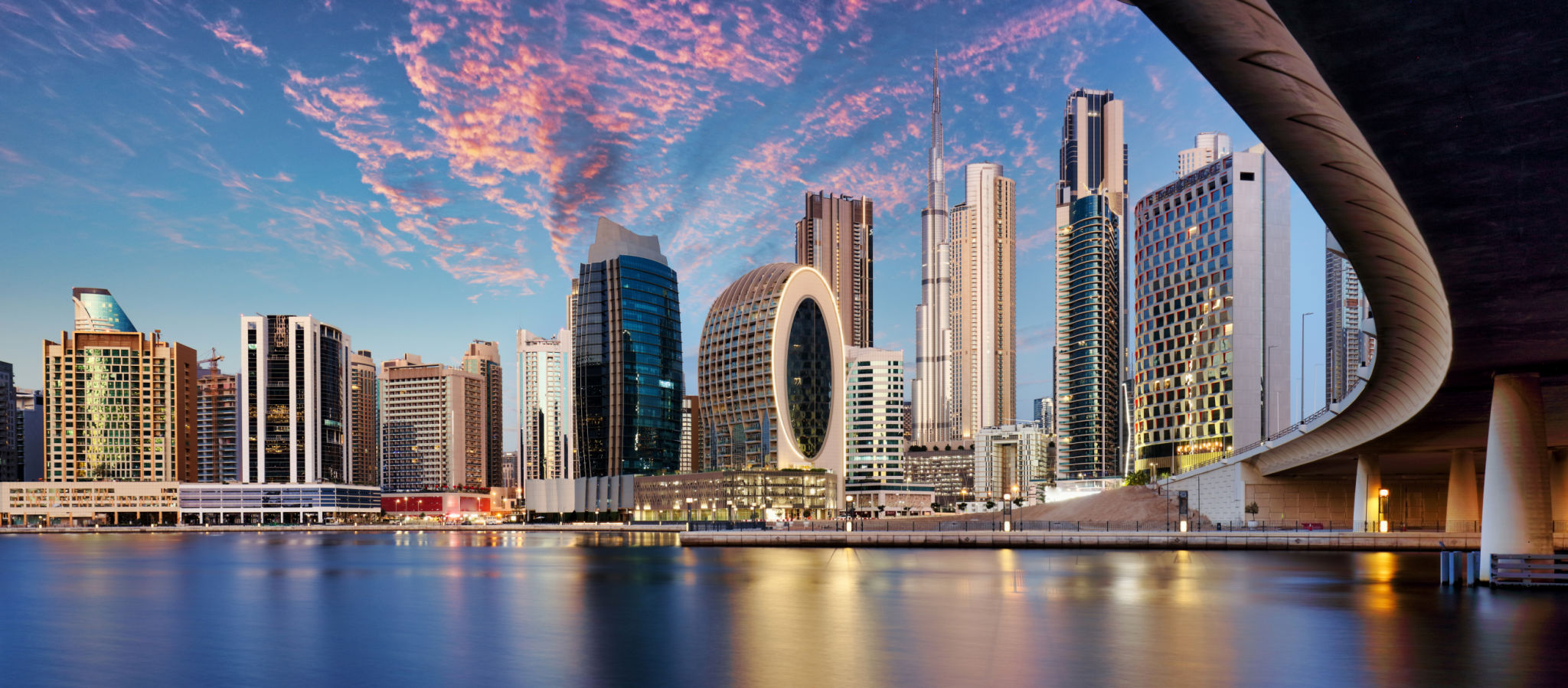Understanding the Real Estate Market in Dubai: A Comprehensive Overview
Introduction to Dubai's Real Estate Market
Dubai's real estate market has long been a beacon for global investors, offering a blend of luxury, innovation, and strategic growth. The city's skyline is continually evolving, reflecting its dynamic nature and the opportunities it presents. For those looking to understand this market, it's essential to grasp the various elements that influence property trends and investment potential.
The market is driven by several key factors, such as economic growth, tourism, and government policies. Understanding these elements can provide valuable insights for both seasoned investors and newcomers. In recent years, Dubai has introduced several initiatives to attract foreign investment, making it a hotspot for real estate ventures.

Key Factors Influencing the Market
Economic Growth
Dubai's economy is one of the fastest-growing in the world, heavily supported by sectors like tourism, trade, and finance. This robust economic foundation contributes significantly to the real estate market's stability and growth. Investors are drawn to Dubai due to its tax-free environment and strategic location, which serves as a gateway between the East and the West.
Tourism and Its Impact
Tourism is a major driver for Dubai's real estate market. With world-renowned attractions such as the Burj Khalifa and Palm Jumeirah, the city attracts millions of visitors annually. This influx of tourists boosts demand for short-term rentals and holiday homes, providing lucrative opportunities for property investors.

Government Policies and Initiatives
The Dubai government has implemented several policies to encourage real estate investment. Initiatives like long-term visas for property buyers and the recent introduction of the Dubai Urban Master Plan 2040 aim to create a sustainable environment for growth. These measures are designed to enhance livability, increase investments, and ensure the city remains an attractive destination for investors worldwide.
The regulation of the real estate market by bodies like the Dubai Land Department ensures transparency and security for investors. Such governance enhances confidence in the market, making it a more appealing option for international buyers.

Types of Properties Available
The diversity of properties available in Dubai is another factor that makes it an attractive market. From luxurious villas and townhouses to modern apartments and commercial spaces, there is something for every type of investor. The variety ensures that different investment strategies can be pursued, depending on individual goals and risk appetites.
- Residential Properties: Including villas, townhouses, and apartments.
- Commercial Spaces: Such as offices and retail outlets.
- Mixed-Use Developments: Combining residential, commercial, and leisure facilities.
The Future Outlook
The future of Dubai's real estate market appears promising, with ongoing developments and a commitment to innovation. The city's ambition to host Expo 2020 (postponed to 2021 due to the pandemic) is expected to further fuel growth in infrastructure and real estate. This event is anticipated to draw significant global attention and investment.
Moreover, technological advancements and sustainable building practices are shaping the future landscape of property development in Dubai. As the city continues to push the boundaries of architecture and urban planning, investments in its real estate sector remain an attractive proposition for those looking at long-term gains.

